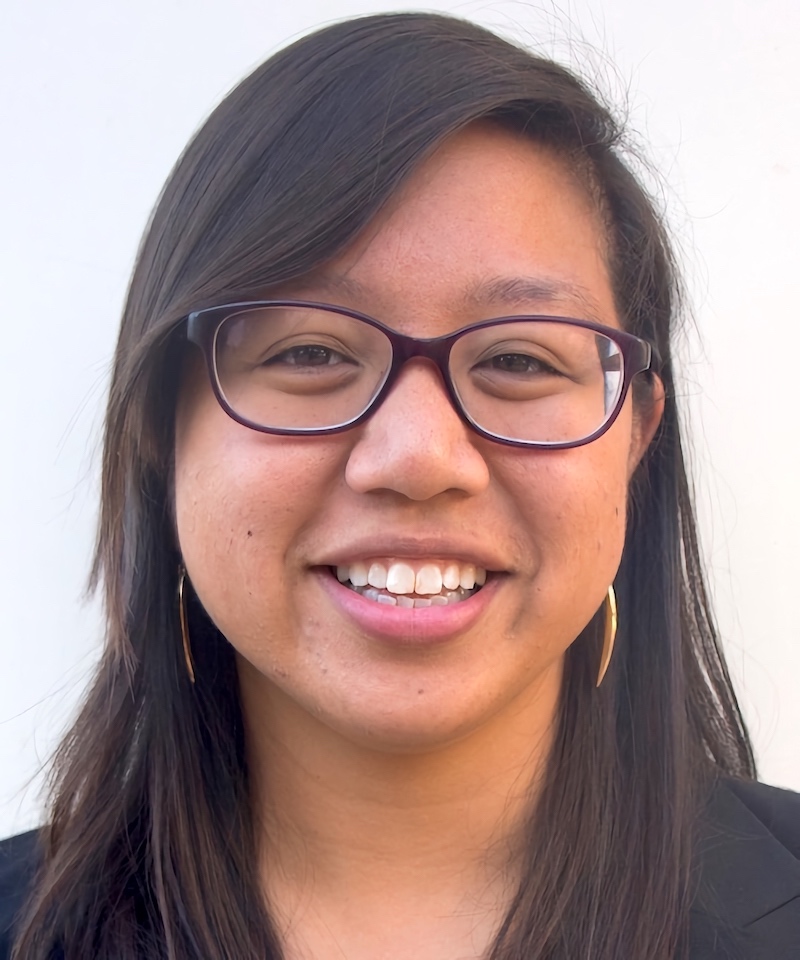Kristine Carandang PhD ’18
Hometown: Stafford, VA
Program: PhD in Occupational Science, Class of 2018
What brought you to occupational therapy?
I first encountered occupational therapy while interning at a school for children with autism. I was immediately struck by the occupational therapist’s wide range of expertise, from promoting communication and social skills to managing various physical limitations. After digging into the field more, I came to appreciate the holistic approach of occupational therapy, which combines knowledge of anatomy and physiology with a psychosocial understanding of why humans do the activities they do in day to day life.
Why did you decide to pursue your PhD in Occupational Science?
While my previous mentors will claim that I had always been destined for research, I felt the final push to get my PhD from two different settings. First, as an occupational therapist in a community-based mental health setting, I was constantly looking for research behind various occupational therapy interventions and the mechanisms by which they worked. While some interventions showed high levels of evidence, others still required more scientific inquiry to truly be evidence-based. Second, as a patient with chronic illness, I never felt truly satisfied with my healthcare and was convinced that occupational therapy was missing from my healthcare regimen. Therefore, I decided to conduct research with the goal of improving the quality of healthcare services and delivery, incorporating the invaluable perspectives of persons diagnosed with mental and physical chronic conditions, and understanding how occupational therapy fits within the larger healthcare puzzle.
What was the most rewarding part of being in the PhD program?
I feel extremely appreciative of the time I was able to work with my PhD mentor and dissertation chair, Dr. Beth Pyatak. While our main interests were in two different medical fields, we connected in our shared interests of understanding the complexity of life with chronic disease and improving the quality of activity engagement of young adults. Dr. Pyatak showed me how to network and collaborate both in and outside of occupational science/occupational therapy, how to lead a research lab, how to write grants and publishable manuscripts, and most importantly, how to balance competing priorities of health, personal goals, and academia. It was truly an honor to have contributed to the Resilient, Empowered, Active Living with (REAL) Diabetes study, to have been part of that unbreakable research study team, and to have learned valuable lessons that act as the foundation of my research career.
What are you are doing now?
I am now a post-doctoral scholar at the University of California, San Diego, working with Dr. Gregory Aarons. Immersed in dissemination and implementation research, I am learning ways to conduct innovative studies on a systems-level approach that focus on implementing evidence-based practices into real-world clinical settings.
⋯






